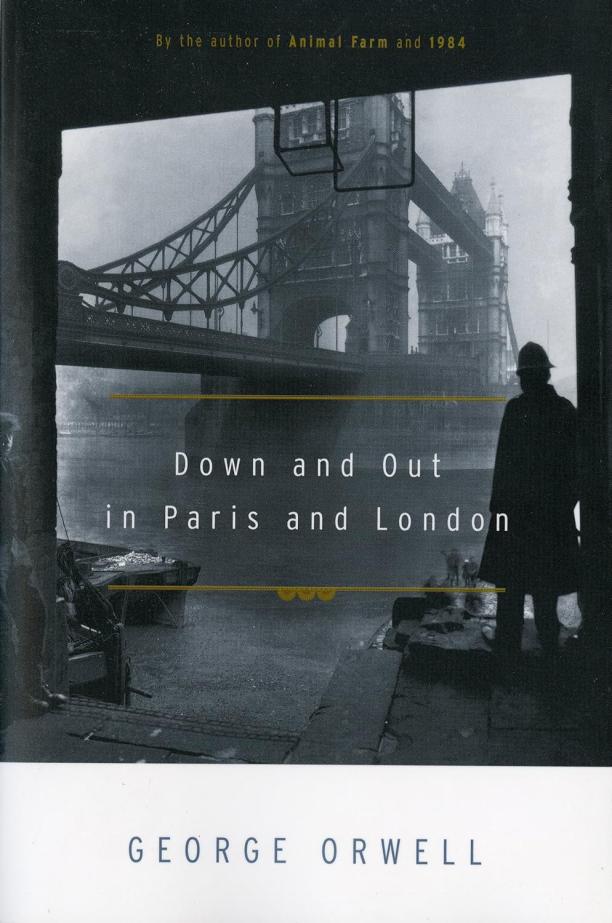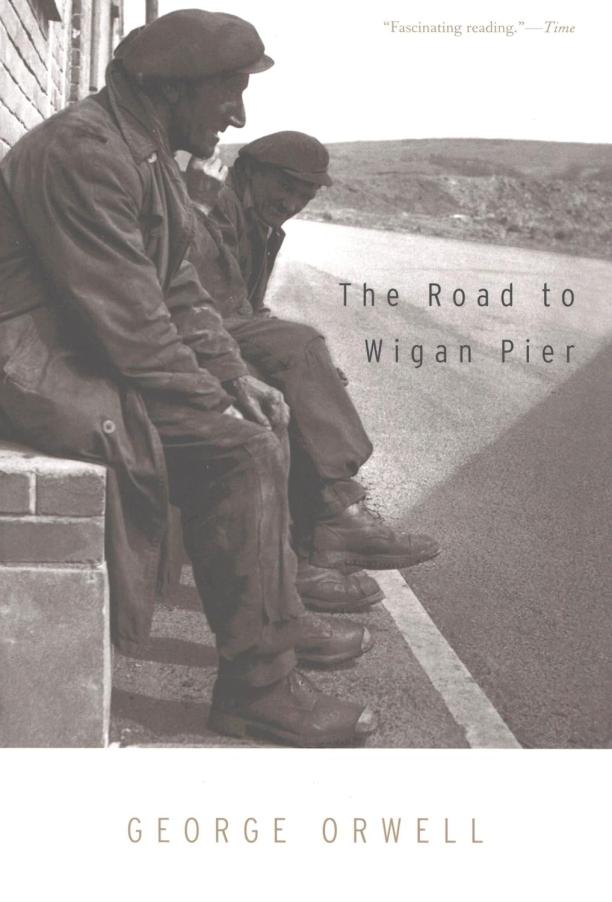Summary:
The first half of the book provides a detailed account of the bleak living conditions among the working class in the industrial towns of Northern England during the 1930s. The second half is an autobiographical exploration of the author's own socialist beliefs and a critique of the middle-class left-wing intelligentsia.
Key points:
1. Class Inequality: Orwell critiques England's deep-rooted class disparity, focusing on the poor conditions of the working class and the bourgeoisie's lack of empathy.
Books similar to "The Road To Wigan Pier":

Down And Out In Paris And London
George Orwell

Homage To Catalonia
George Orwell

Churchill and Orwell
Thomas E. Ricks

Tightrope
Nicholas D. Kristof|Sheryl WuDunn

White Trash
Nancy Isenberg

Deer Hunting with Jesus
Joe Bageant

The Communist Manifesto (Annotated)
Karl Marx and Friedrich Engels Translated by Thomas Moore Edited by Aaron Clarence|Friedrich Engels

The Communist Manifesto
Karl Marx & Friedrich Engels

The Communist Manifesto
Karl Marx|Friedrich Engels|Jeffrey C. Isaac

The Unwinding
George Packer
